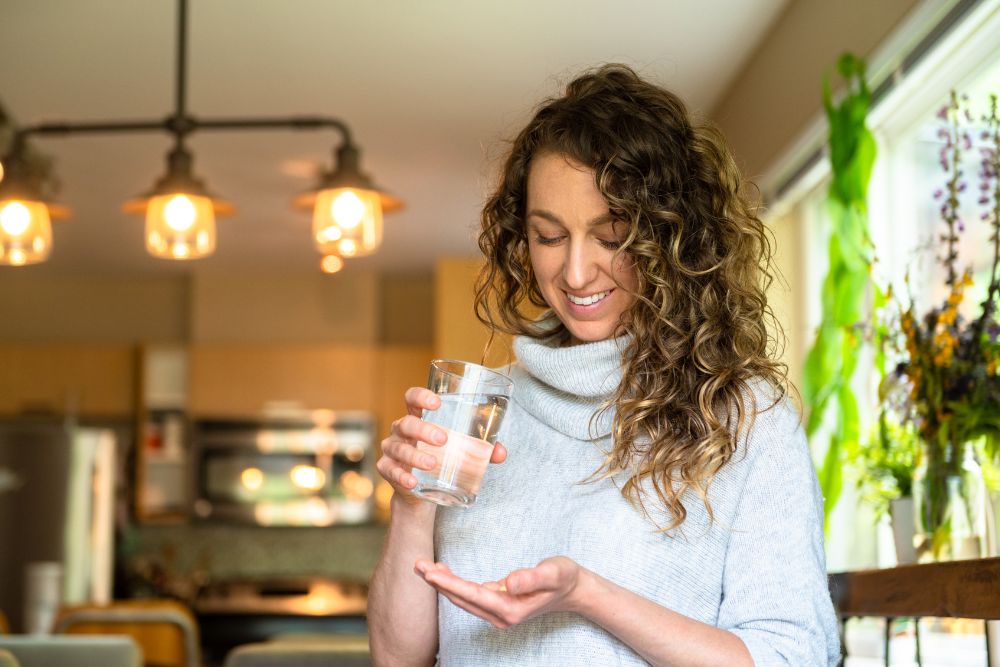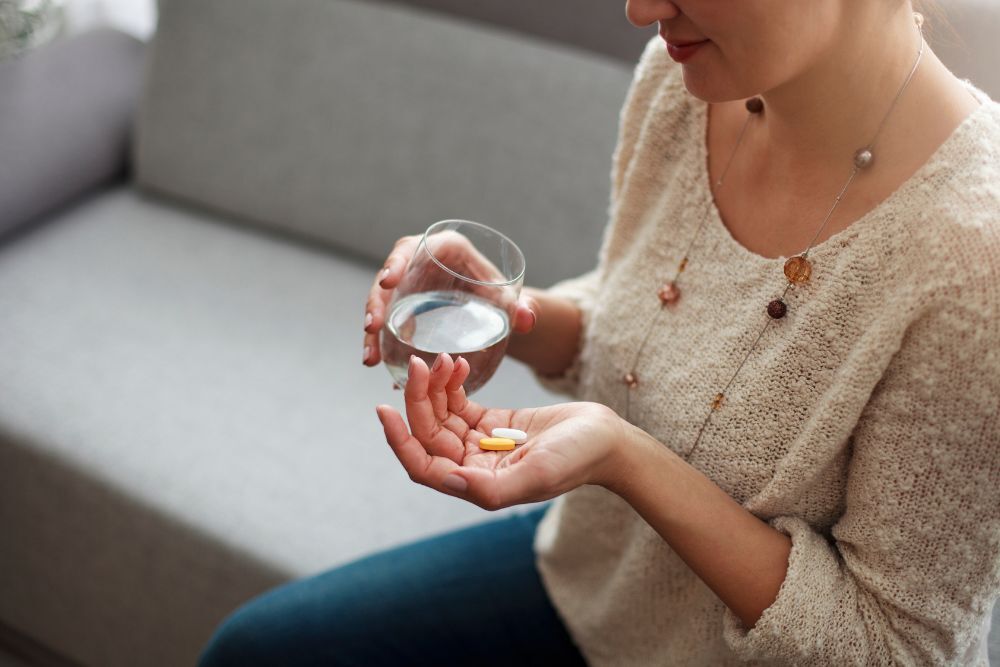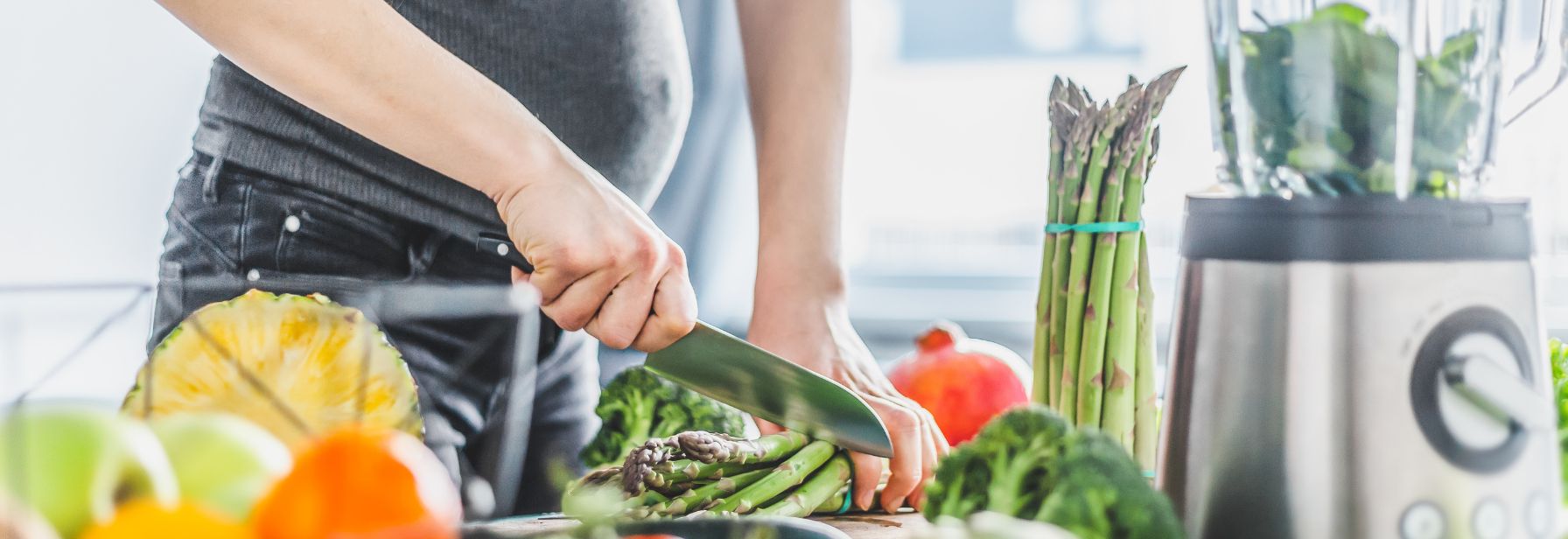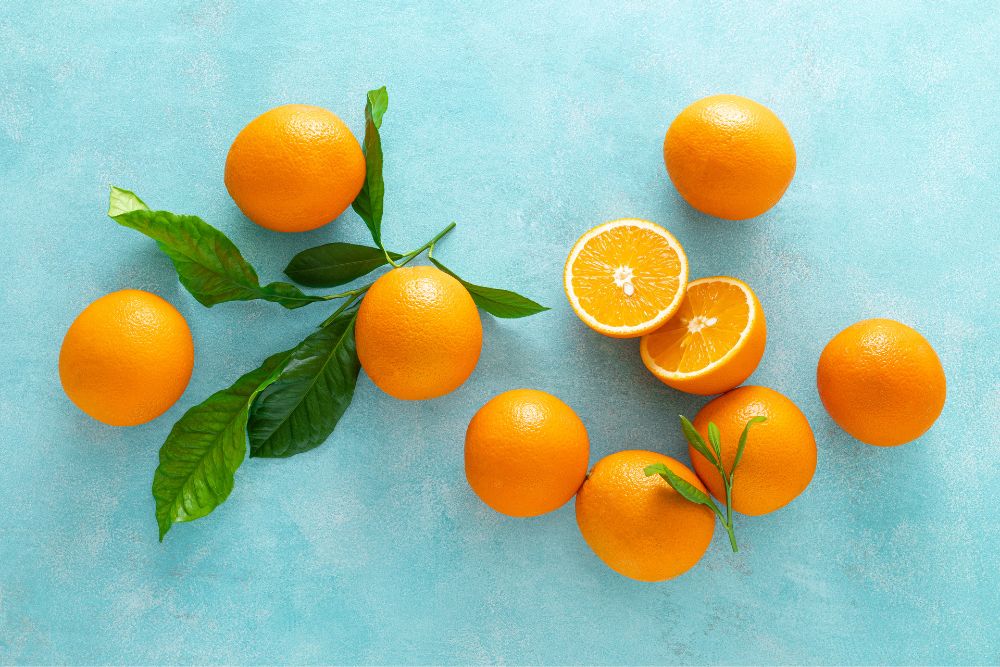Endometriosis is one of the leading causes of female fertility issues. Reproductive experts estimate that about 50% of all women with endometriosis will experience difficulties when trying to become pregnant 1. However, while endometriosis can make your family-building plans a little more challenging, it’s still possible for you to have a baby, with or without fertility care treatments such as in vitro fertilization (IVF). It’s also possible for you to improve your chances of naturally conceiving by taking certain nutritional supplements that support egg health and quality, which can both be impacted by endometriosis.
A Brief Overview of Endometriosis
Lining the uterus is a self-regenerating tissue known as the endometrium. Every month following ovulation, the endometrium builds up along the walls of the uterus in preparation for embryo implantation. However, if there is no embryo, the endometrium sheds itself and exits the body along with the unfertilized egg through menstruation.
Endometriosis occurs when the endometrium tissue starts to grow on organs other than the uterus, often on or around other reproductive organs in the pelvis or abdomen. Because this tissue grows outside of the uterus, it can’t be shed through menstruation. The most common symptom of endometriosis is pain, and you may also experience inflammation, heavier periods with light bleeding, and scar tissue. Endometriosis contributes to female infertility in a few different ways, including having an impact on your ovarian reserve and egg quality.
How Antioxidants Defend Against Endometriosis
Many nutrients have antioxidant properties, which protect against cellular damage caused by harmful molecules known as free radicals. These molecules are needed for some processes, like ovulation, but too many can cause oxidative stress, harming cells and disrupting reproductive health 2. Taking antioxidant supplements may lower oxidative stress and its accompanying inflammation.
Which Supplements May Help Promote Egg Health?
Taking certain nutritional supplements each day may support female reproductive health and ovarian reserve, including CoQ10, folic acid, Vitamin C, and Vitamin E.
Coenzyme Q10 (CoQ10)
A natural substance found throughout the body, CoQ10 is necessary for cellular energy production. This is vital for eggs, which require very high amounts of energy to enable cell division during early embryo development 3. CoQ10 deficiencies are associated with lower energy production, impacting egg quality and making them less viable for conception. CoQ10 supplementation may also support higher fertilization rates and more high-quality embryos. CoQ10 has been found to increase the number of ovarian follicles (small fluid sacs that hold eggs) and improve ovulation.
Folic Acid
The synthetic form of folate, folic acid is crucial for such processes as DNA and RNA function, as well as red blood cell production. One of the most important nutrients for female fertility, it’s recommended for all women of reproductive age, before and during pregnancy 4. In addition, studies show that women taking folate before pregnancy may have higher-quality eggs, possibly due to its role in maintaining ovarian health 5.
Vitamins C and E
Vitamins C and E are essential for such processes as healing, immunity, growth, and development. Often working together, these antioxidants have been shown to potentially support ovarian health for women with endometriosis by neutralizing free radicals 6.
Ensure Your Egg Health With Daily Supplementation
Nutrabloom carries multiple supplements, formulated by fertility experts, designed to support egg health and quality. These nutrients may be particularly beneficial for women with endometriosis. You can find the above nutrients, in their optimal forms, in the following Nutrabloom products:
- CoQ10
- Preconception Formula
- Ovarian Support Kit
- Couple’s Conception Kit
- Couple’s Conception + PCOS Kit
- Organic Whole Food Prenatal Multivitamins
- Prenatal Gummies
- Hair, Skin, and Nail Gummies
- Adult Gummy Multivitamins
- Vitamin C Gummies
Sources:
- https://www.ncbi.nlm.nih.gov/pmc/articles/PMC2941592/
- https://americanpregnancy.org/getting-pregnant/infertility/boost-your-fertility/
- https://birdandbe.com/blogs/the-nest/what-is-coq10-and-why-do-i-need-it
- https://www.cdc.gov/ncbddd/folicacid/about.html
- https://www.livestrong.com/article/460663-the-benefits-of-taking-folic-acid-in-nonpregnant-women/
- https://fertilityscience.org/vitamin-c-and-e-combination-improves-endometriosis-related-symptoms/




